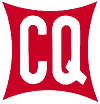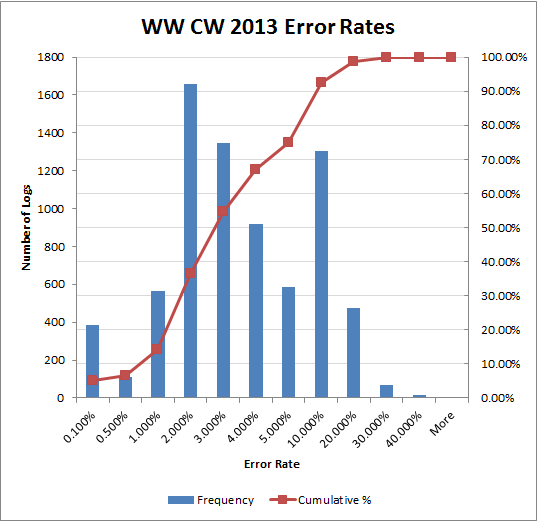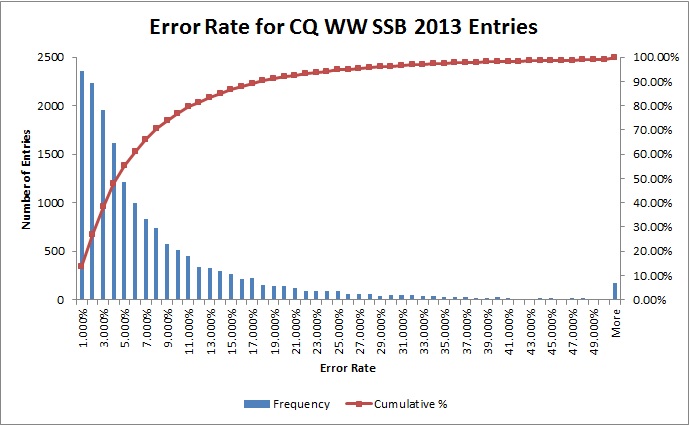The results of both modes of the 2013 CQ WW DX Contest have been posted to the CQ Magazine web site.
The online score database cqww.com has been loaded with the 2013 scores. There are many ways you can enjoy the scores here on the site:
View the online database. http://www.cqww.com/score_db.htm
Entering a call will show you all CQ WW entries where that callsign was used for the station or listed as an operator. We have made an enhancement so that you can now search for multiple calls in one request. Simply separate the callsigns you want to search for with a comma. Example, If I want to search for K5ZD, WB5QDW, and WA4ZHU then I would enter “K5ZD, WB5QDW, WA4ZHU” The results listing will show the callsign matches in bold. This feature should be useful for anyone who has changed callsigns over the years.
Find your results and download an electronic certificate in Adobe pdf format. Certificates are only available for 2012 and later AND for entries that were received by the log submission deadline.
There were two new Overlay categories added to CQWW in 2013: CLASSIC and ROOKIE. Since these are competitions that run in parallel to the traditional categories, we decided to present the results separately as well. Visit http://www.cqww.com/overlayscores.htm to see the Overlay scores. This one page does it all. You will need to select Contest Mode (SSB/CW), Overlay (CLASSIC/ROOKIE), Power Level (ALL, HIGH, LOW), and Year (2013). The Cert links on the Overlay results are for the Overlay category certificates. If you entered an Overlay category, you have the opportunity to get a traditional category certificate and another one for the Overlay category.
The Records page has the all time records for the years included in the database (currently 1977-2013). Always fun to see who holds the records at the World, Continent, and Country levels. USA, Canada, Japan, and Russia also show records by call area. You can also view all time records by CQ Zone.
There is also a page that lets you see the historical winners for a category/geography over the years. Always fun to see how scores have changed over time.
Want to see how good the best operators are? You can view Log Checking Reports of the World high scorers at http://cqww.com/lcr/ You can also view all submitted logs at http://cqww.com/publiclogs/ Might be able to learn a few strategy tips in there. Especially if you have a copy of your own LCR and try to figure out how a logging error might have been caused.
For those participating in the club competition, there is an Excel spreadsheet that shows the entries and points that were used to calculate the final results. You can find the link to the file from the Results page under 2013 CW.
You can see how activity is growing in CQWW over the years both at the world level and for your country. Visti the statistics page. http://www.cqww.com/stats.htm
The score database will continue to grow as N2NC and his team continue typing in the old results. As of today, including the years 1977 to 2013, there are 144,409 entries in the SSB database. There are 135,246 entries in the CW database. We look forward to increasing that number when the 2014 edition of the CQ WW Contest arrives in October and November!
If you find any errors or corrections that need to be made, please send them at: https://cqww.com/contact.


